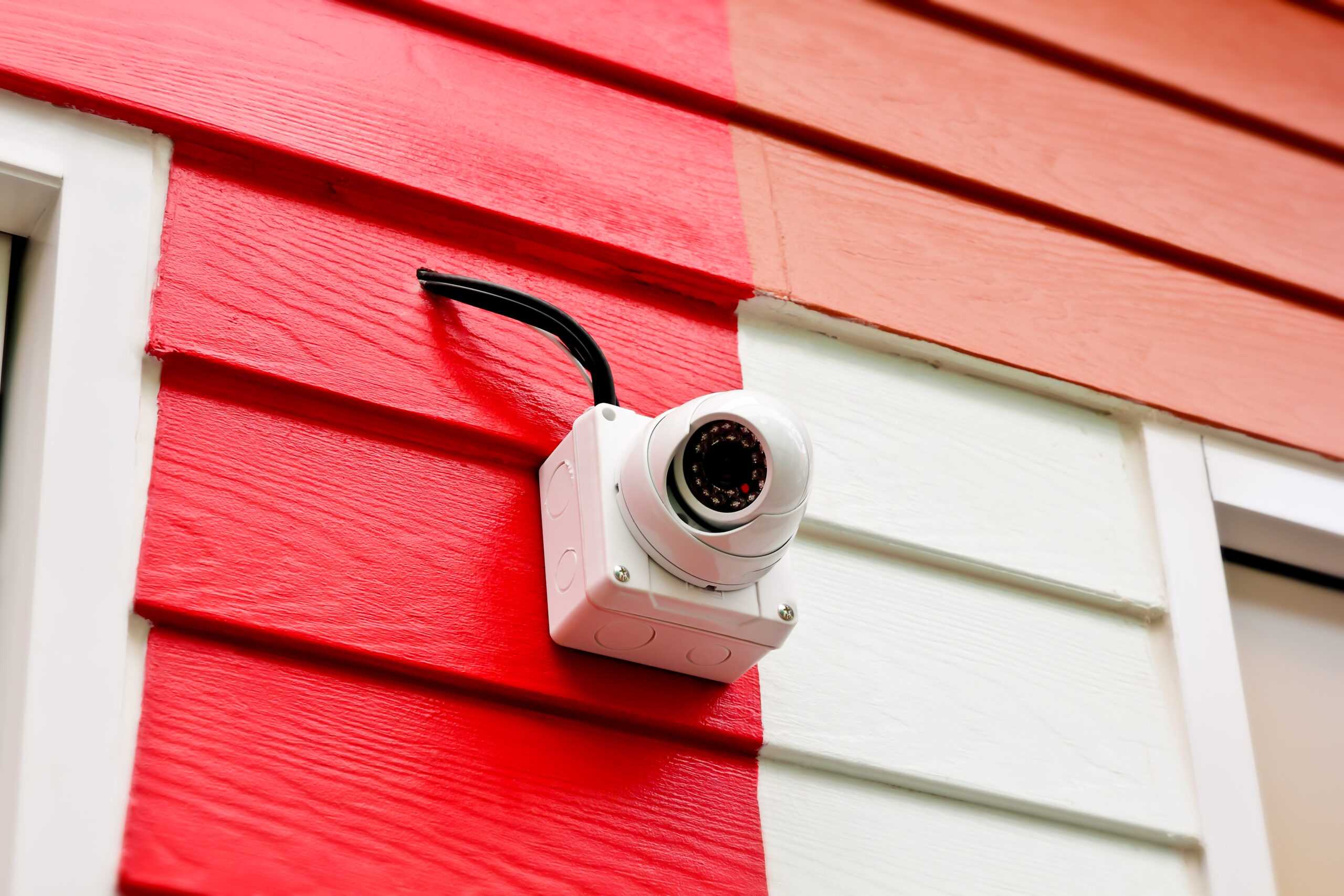Less than five years ago, Wyze disrupted the smart camera category with a solid hardware offering for as low as $20. The camera was mothballed on February 1st because it couldn’t support needed security updates, the company recently reported. Wyze still offers a variety of affordable options, and has been launching products at a relentless pace, but the less than five-year lifespan may cause some consumers to rethink economy models. Perhaps a few will even read those end-of-life policies a little bit closer. Or perhaps not.
We’ve seen consumer confidence in smart home investments take a hit where aggressive startups bring their “minimally viable products” to market while grasping at a sustainable business model. Translation: Brick happens. Some of the obsolescence is inevitable, of course, though consumers may not consider the cameras quite so disposable, especially if they purchased several. More affordable products have made smart home technology accessible to households with lower average incomes. How satisfied these consumers are with economy products in the long run remains to be seen.
After Google bricked Revolv in 2016 and then sunset the Works with Nest integration platform in 2019, the company came out in 2021 with a clear commitment to a minimum support timeline of at least five years after sales commence for each Google Nest product. Google still provides critical security updates for multiple products that have surpassed the five-year promise, including the Nest Learning Thermostats model launched in 2015. In 2021, the company also started publishing security validation test results according to standards set by the ioXt alliance and cybersecurity certification program, which can reassure consumers that their products are protected.
These support commitments over time create evolving hardware requirements, often around security issues, along with the increased operational costs of developing, testing, and deploying over-the-air updates. “Consumers are wise to think more long-term when investing in smart home products,” says Interpret Vice President Brad Russell. As Benjamin Franklin famously said, ‘The bitterness of poor quality remains long after the sweetness of low price is forgotten.’”
Interpret’s quarterly smart home research, Smart Home Matrix™, finds that only 10-20% of smart camera owners will consider a next camera purchase priced below $100. Fewer consumers are willing to consider a camera costing less than $100 than those willing to pay more than $150. The good news is that the weight of consumer interest still tilts slightly more toward the premium end, likely held up by continual feature enhancements and perceived longevity. Contact Interpret to learn more consumer insights like this in an upcoming report: Smart Home Matrix: Smart Cameras and Video Services.




